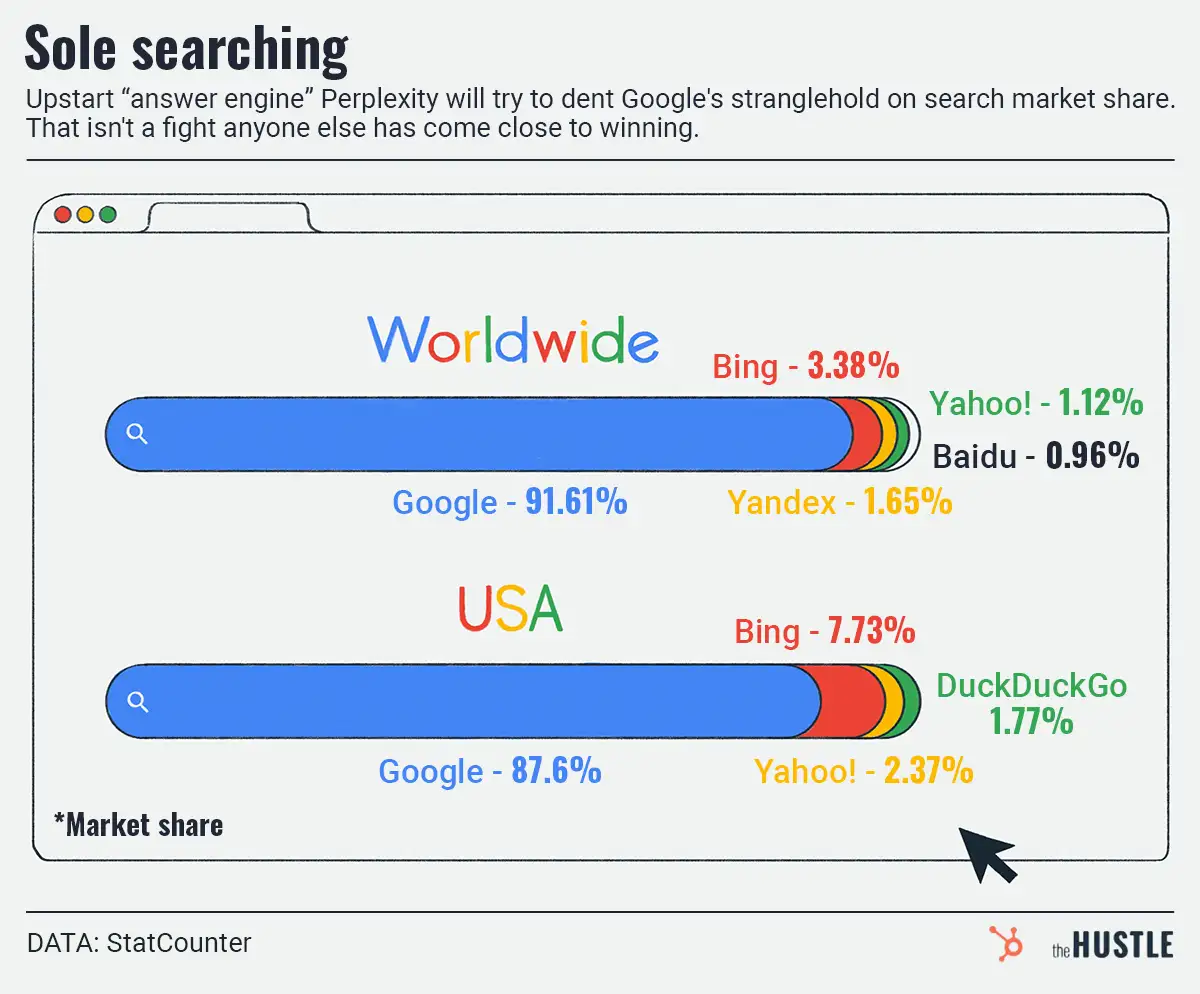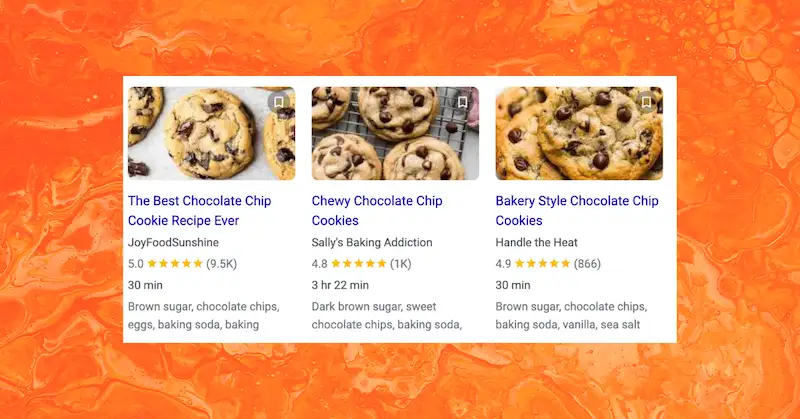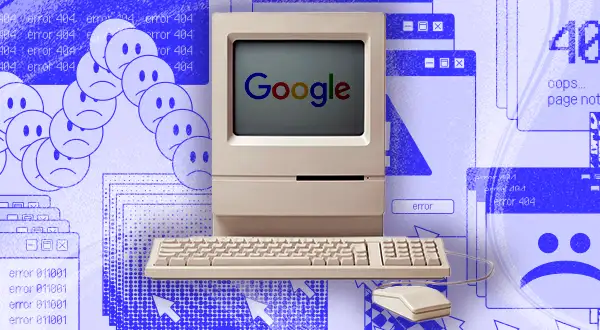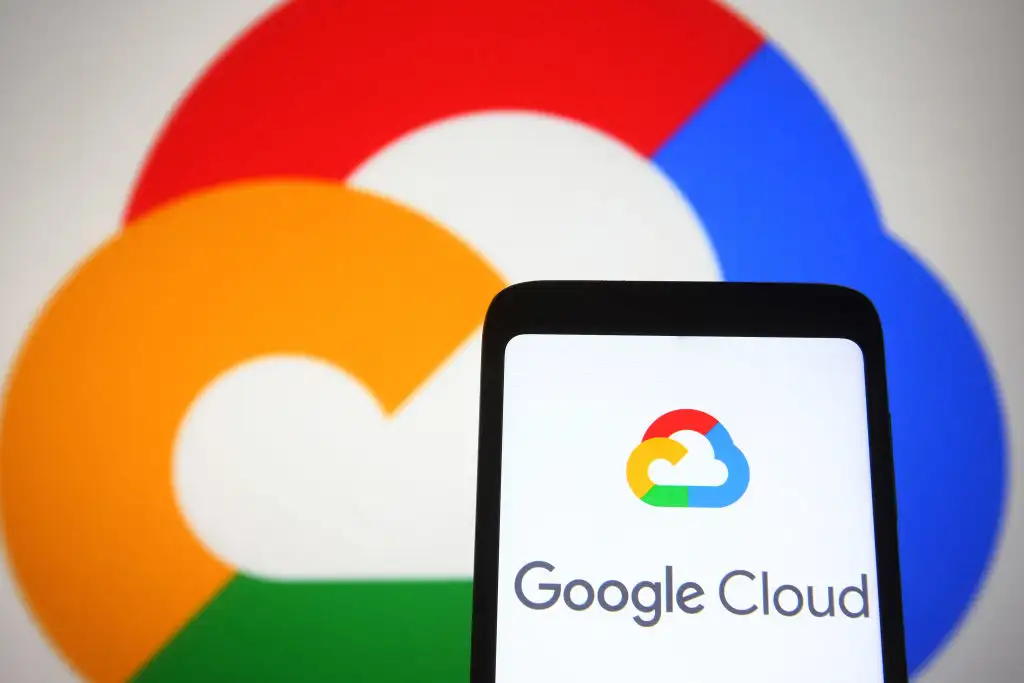Sure, many online platforms use algorithms to manipulate us into buying stuff. But does Google do it by secretly altering our search queries?
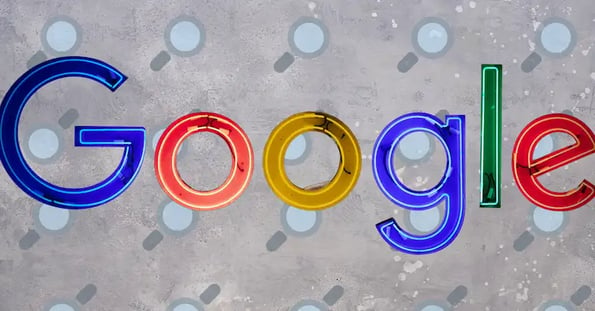
During Google’s ongoing antitrust case, a projection screen briefly showed a slide about changes to its search algorithm.
Former DuckDuckGo executive Megan Gray was in attendance and, in an opinion piece for Wired, said it involved “semantic matching” to generate more shopping-oriented results.
Semantic matching…
… makes sense: If you type “feline,” you also get results for “cat.” But Gray’s example of what Google may be doing isn’t simply swapping synonyms:
- You search for “children’s clothing.”
- Google changes it to “NIKOLAI-brand kidswear.”
- Now that your search is more related to shopping, ads from various retailers pop up, earning Google money if you click on them.
Ultimately, searchers get worse results, advertisers pay Google more, and Google makes more money.
Gray wrote that in the decades she’s monitored Google for manipulated results, it never occurred to her that “Google just flat out deletes queries and replaces them with ones that monetize better.”
Why it matters
Google has long maintained that its search results are objective, autonomous, and not altered by humans. However, a 2019 Wall Street Journal investigation found that Google:
- Made algorithmic changes that favor big advertisers like eBay and major websites like Amazon and Facebook.
- Adjusted autocomplete suggestions, “featured snippets,” and other info — sometimes to hide controversial topics.
- Blacklisted certain sites (and not just those required by law).
And if Google Search isn’t objective…
… it’s left users with little choice. Google holds 90%+ of the search engine market share and comes as the default search on Apple products.
Earlier this week, Microsoft CEO Satya Nadella testified in Google’s trial that advertisers and publishers cater to Google’s requirements, making it harder for other search engines — like Microsoft’s Bing — to compete.
“Everybody talks about the open web, but there is really the Google web,” he said.
BTW: This scenario is a prime example of “enshittification,” the term coined by Cory Doctorow to describe why digital platforms suck now. Read his related thread here.


